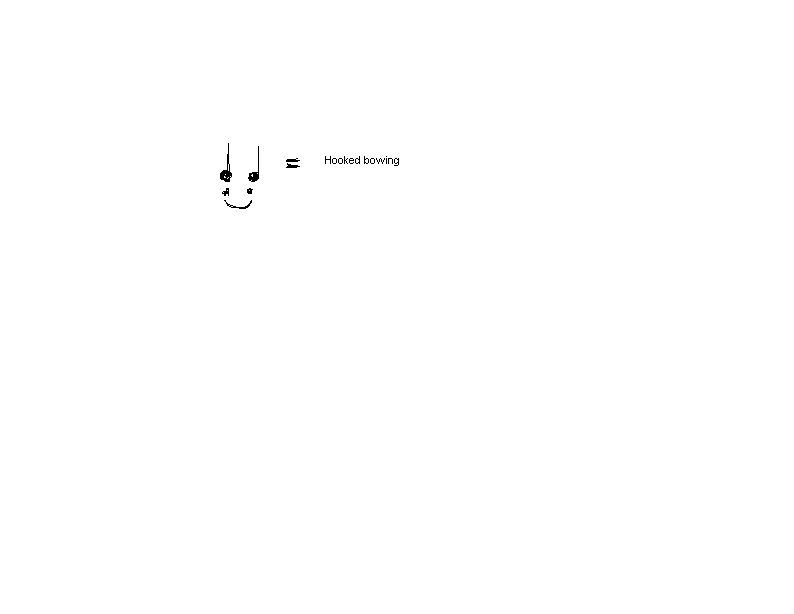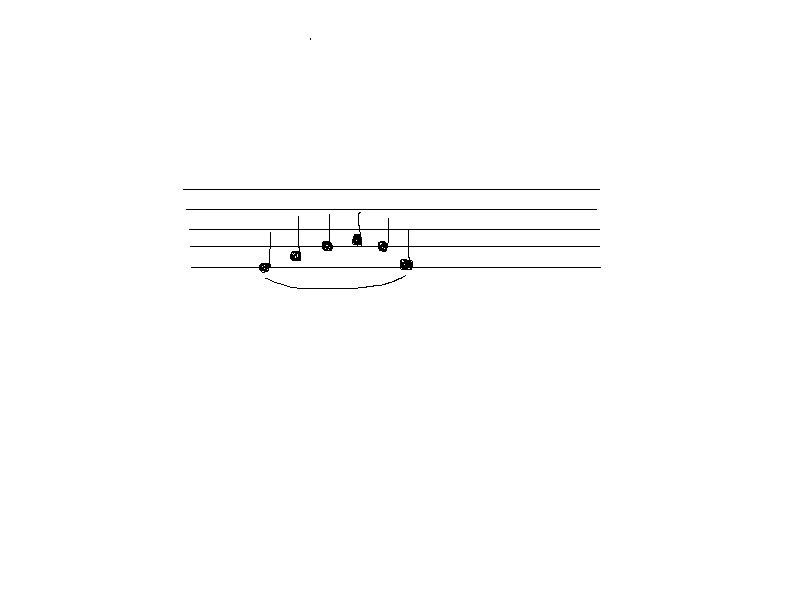There is a month long break in my violin lessons while my teacher tours Spain. Classes will resume when she comes back in August.
She did hand me an assignment packet before she left: some beginners’ books, some violin standards, 40 sonatas. There’s a lot to practice. Just flipping through some of this music is daunting; my eyes glaze over as I realize the full extent of my ignorance.
The words of a guest speaker at college come to mind, I think it was Professor Moonis Raza, vice-chancellor of the Delhi University at the time I was in college. He addressed us at a function and said that the pursuit of knowledge was like lighting a candle in the darkness – doing so made a small area known to us but a much larger universe now was known to be unknown.
As I delve deeper into music the extent of my ignorance is constantly revealed to me, it is very dark out there and there isn't enough time. But there is a determination to keep lighting these little candles, to see just how much light is possible. My fascination with the subject is such that I cannot help myself.
I sometimes think about how lonely this quest is, there are no guides, no real teachers. I think I am capable of absorbing a lot more than what my teacher can teach me in thirty minutes and in a few months of training she has helped me learn some basics about correct posture and intonation, a few nusrsery rhymes and a few other songs. She has also asked me to practice the scales regularly and how to play slurred notes.
But no one has ever taught me how to read music. I had to acquire that particular skill on my own by downloading lessons some kind musicians have posted on the Internet. I pored over the music theory, printed everything I could find, stored it in a binder and refer to it whenever there is any confusion. But it isn't easy being self-taught.
Yesterday while practicing some music from the summer assignment packet I came across some lines that required "hooked bowing". My teacher has never mentioned this to me, I couldn't figure out what it could possibly mean. It was annotated as two dotted quarter notes - two Gs - connected by a curved line that I've come to understand as a slur. I couldn't figure out how I was supposed to play that! Was it expecting me to start with a downbow. play a G on the D string, a slightly longer note than a quarter note (it was dotted) and then keeping the bow in the same direction play the same note again? That was my interpretation of it but I wasn't sure. There were no notes in my book, just a legend that said:

I was very frustrated about not having anyone around who could tell me what this really meant. So I went back to the net. Found some
incredible sites in the process. Someone on a forum had asked this question and some others had stepped forward with an answer. Someone suggested that "hooked bowing" meant playing a staccato slur. This appears to be close to my interpretation - a slur with stops, as I see it or think of it - starting to play the G on the D string on the downbow, closer to the tip, coming to the middle of the bow perhaps, stopping and then continuing down to the frog, in the same direction. However, someone else answered the question saying "hooked bowing", in playing a scale for instance, was doing the following:
ab bc cd de ef fg ga ab
So slurring the first two then starting the next one with the second note of the first slur and so on - kind of like lazy daisy stitching in embroidery.
In some weird way maybe the two musicians are saying the same thing but I don't have enough knowledge to have an 'aha' moment about what they're saying. The second version does however seem like an interesting exercise, something I am very keen on trying at home today.
I am also wondering if when they write:

Do they mean all the notes bracketed by the slur have to be played slurred, or just the end 2? I am certain this is a dumb question but in my ignorance I have nothing to lose by asking it. Again, it is my assumption that it means all notes have to be slurred.
Thankfully, the other thing I learnt yesterday - arpeggios - wasn't so hard to grasp conceptually. Except, I did need to give myself an Internet based crash course in what chords and intervals were.
I did understand the detailed explanations as I was going over it, but my fundamental take away is as follows:
C-E-G is a C chord and it is a major triad with the component intervals of major third and perfect fifth. I understand that as the note E being the third one from the root C and the notes C and G being five notes apart - a fifth. What makes it a chord is the fact that all three notes are played simultaneously. C, E, G struck at the same time on the piano would constitute playing a chord (which of course makes me wonder how one plays a chord on the violin...I have some vague insights there too...but more on that later).
Another chord could be G-B-D or D-F-A. The pattern I see emerging is a skipped note resulting in a chord.
An arpeggio appears to share the same pattern of skipping, except the notes aren't all played simultaneously, a Wikipedia entry likens it to a broken chord (i.e. not played simultaneously). Which makes it easy to see how it could be incorporated in the practice sessions of a stark beginner like me. I could practice a scale such as:
A B C D E F G A
or AA BB CC DD EE FF GG AA or any such combination and I could practice an arpeggio as follows:
A C E G E C A (perhaps)
...skipping all the in between notes. I think I am more or less on the right track here. If some wandering musician wants to stop by and smack me on the wrist or correct a misconception or learning flaw, I would of course be very appreciative.
I am pleased to have a bit of a sense of how to improve my practice during the summer but as I gather my information from various sources while pondering the question of playing a chord on the violin - I come across the word "double stops". Hmm...what then are double stops? Sounds like fingers on two or more strings while the bow glides across all the strings that have a finger on them. I can picture that but I start sweating bullets wondering how I would actually play it if it was a repeating part of a piece of music! How will my brain, my muscles ever get coordinated enough to achieve a flawless rendition that includes so many moving, shifting variables?
Proficient violinists also discuss things like pizzicato ( I get that - plucking of the strings with fingers) but how does one switch from bowing to suddenly pizzicato and make it look flawless? And what exactly is the all important vibrato, martele, legato...what do these things mean? How will I ever learn them.
I can't even figure out how to practice with a metronome. I finally have one. I can set it to 40 for playing something andante ( I am told) but I can't even hear the sound of the metronome over my playing and am still not very sure about the metronome and half note, whole note, quarter note relationships.
So much frightening, daunting stuff to learn and so little time!
The only thing that keeps me going is the challenge of it all and the sense, or rather belief, that it is all about an accretion of incremental changes. Each second, each minute, each hour of practice will get me that closer to improving my sense of how things should be and the learning will accrue as long as my mind cooperates and maybe I can get somewhere after a few years. Perhaps it would help to have a goal...maybe hoping to play some chamber music with other amateurs, on a regular basis, after a few years, perhaps that can be a goal to look forward to.





